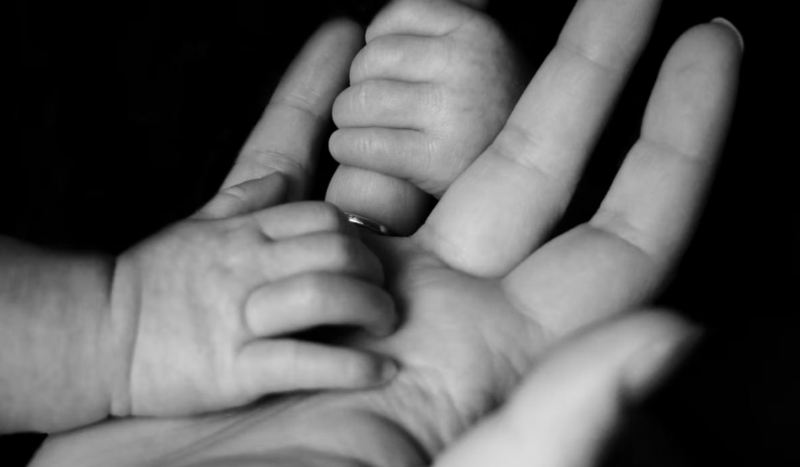
CV NEWS FEED // A genetic study carried out over Europe by a prestigious scientific organization has found that early humans treated their children with Down Syndrome with respect and as full members of their communities.
According to a study published by the Max Planck Institute for Evolutionary Anthropology (MPI-EVA), an international team of researchers analyzed the DNA from a world-wide sample of nearly 10,000 ancient individuals to search for cases of Down Syndrome.
Scanning the genome data, researchers at the institute based in Leipzig, Germany, “found six children with Down Syndrome… Five of these children were buried more than 2,000 years ago and lived to, at most, one year of age.”
“Although their lives were short, all of these children received a burial, often with grave goods, showing that they were appreciated as members of their ancient societies,” the report said. “The five prehistoric burials were all located within settlements and in some cases accompanied by special items such as coloured bead necklaces, bronze rings or sea-shells.”
The Max Planck Society conducts research in the natural sciences. It was founded in 1948 and has 31 Nobel laureates in its ranks.
According to the study, the team led by Australian scholar Adam Rohrlach identified one of the individuals from a church graveyard in Finland, dated from the 17th to 18th century.
But “the remaining five individuals were much older: dating to between 5,000 and 2,500 years before present, they were found at Bronze Age sites in Greece and Bulgaria, and Iron Age sites in Spain,” the report reads. “In all cases, the researchers were able to obtain a wealth of additional information about the remains and the burials.”
The study explained that “while individuals with Down Syndrome can live a long life today, often with the help of modern medicine, this was not the case in the past. Indeed, age estimates from skeletal remains showed that all six individuals died at a very young age, with only one child reaching around one year of age.”
Rohrlach commented, “These burials seem to show us that these individuals were cared for and appreciated as part of their ancient societies.”
Another surprising finding is that although the study was aimed at finding cases of Down Syndrome, the researchers also discovered an individual with a trisomy of chromosome 18, a condition known as Edwards Syndrome, that often causes “more severe health issues than Down syndrome.”
Edwards Syndrome was recently in the center of the abortion debate when a Texan woman, Kate Cox, sued the state of Texas for the right to abort her baby with trisomy 18. The request was denied and Ms. Cox traveled to another state to have the abortion.
The study also quotes Professor Roberto Risch, an archaeologist of the Universitat Autònoma de Barcelona (Spain). Risch said, “we know that they belonged to the few children who received the privilege to be buried inside the houses after death. This already is a hint that they were perceived as special babies.”
Professor Kay Prüfer, who coordinated the sequence analysis, reported that the studies will continue. “What we would like to learn is how ancient societies reacted to individuals that may have needed a helping hand or were simply a bit different,” he said.

